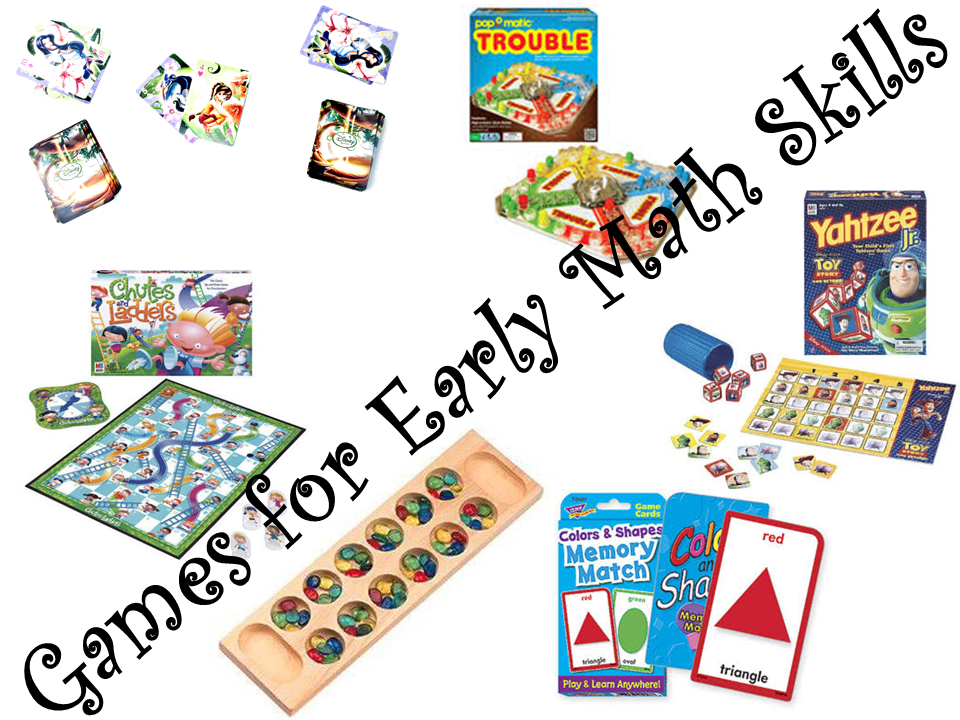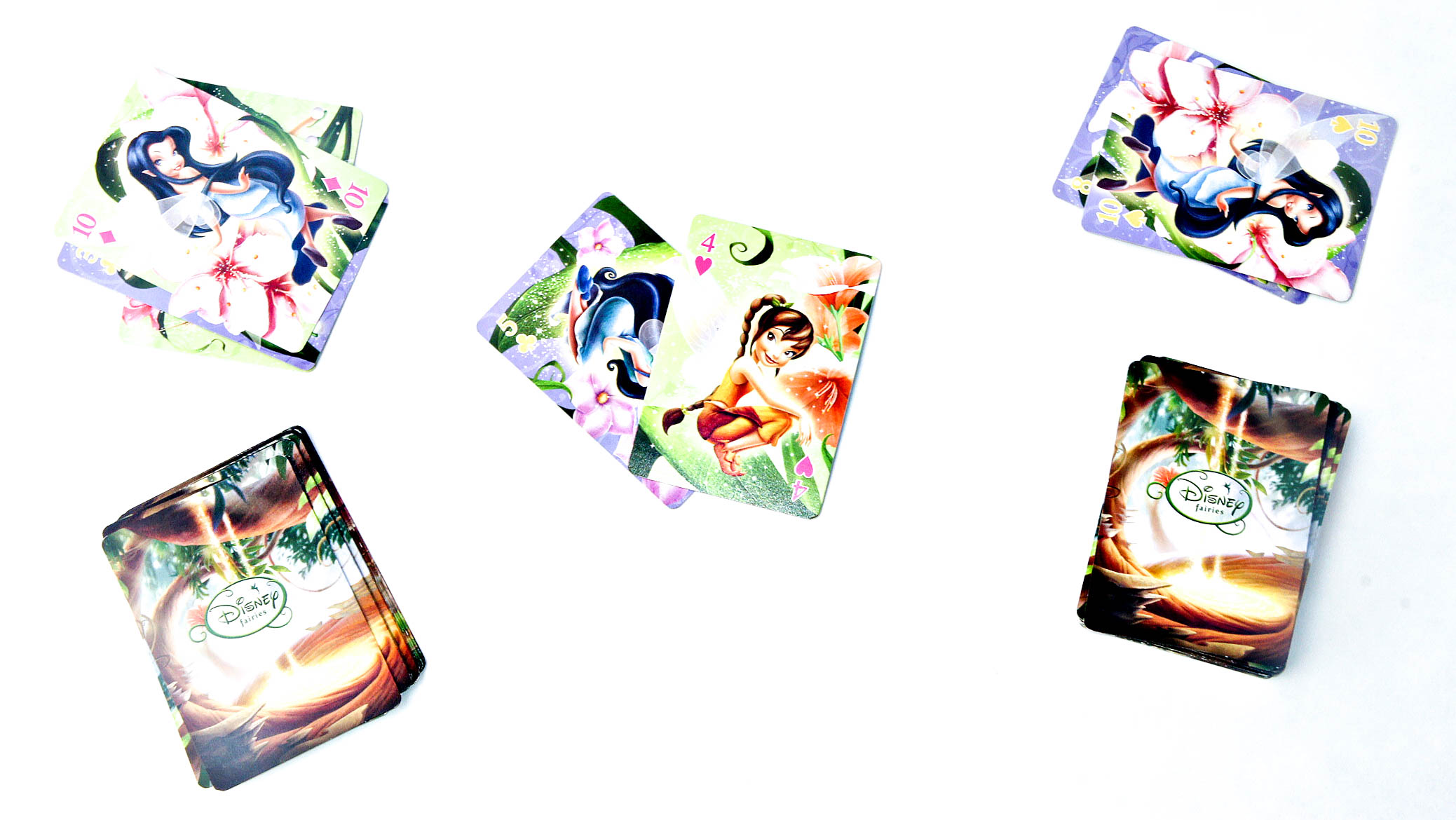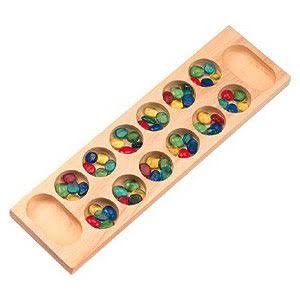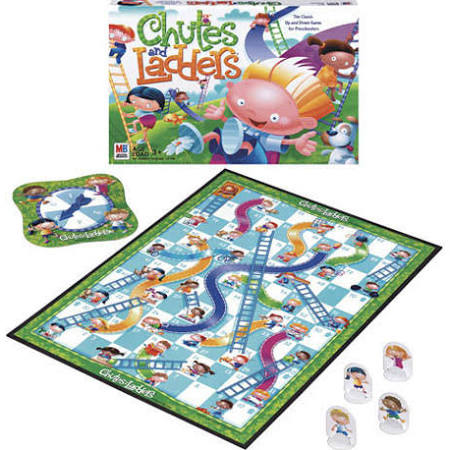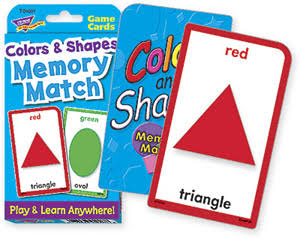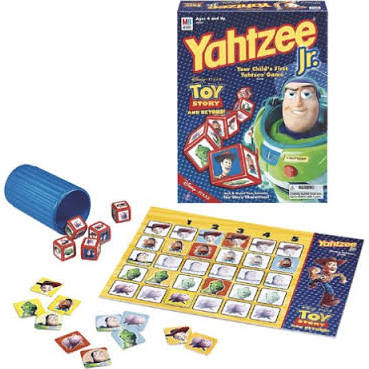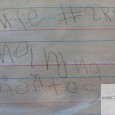Learning definitely doesn’t have to be boring but it is so easy to fall into a habit of worksheets and rote memorization, especially when it comes to math. But it definitely doesn’t have to be that way! In addition to early learning toys, including Legos, there are many games that help promote early math development and skills.
Here are my favorite math games for young children:
Slap Jacks
We play a hybrid version of Slap Jacks/War (or, more often, “Slap Tinkerbell”). You can read our full rules here, but the game helps little ones learn number recognition and higher/lower. Plus it’s fun to slap the chosen card and try to beat the other places!
Mancala
While the rules of Mancala can get a bit overwhelming for really little ones, stripping it down to just moving one set of marbles each turn (rather than worrying about when you get to go again or take others’ marbles) is really great for helping kids learn one-to-one correspondence and can promote counting by counting out every marble they move.
Chutes and Ladders
Games that involve spinning a numbered spinner like Chutes and Ladders help children with counting and number recognition.
Go Fish
There are lots of versions of Go Fish. You can use standard playing cards or you can buy specialty Go Fish decks. The basic game helps kids with number recognition and matching but I also like to play with shape cards to help my little ones with shape recognition as well.
Trouble
Dice games like Trouble that use traditional (not specialty or character) dice take the same concept from spinner games of counting and add the element of starting to recognize how many without counting. And if you can find a version with two dice, it will help little ones with their beginning addition skills. Plus, who doesn’t love pushing the popper and watching the dice fly around!
Yahtzee Jr.
The original game may be a bit beyond most preschool and younger children, but the Jr. version we have is a Disney Princess Yahtzee that the girls love and Sugarplum has been playing since shortly after she turned 3. It helps with identifying low quantities without counting and comparing numbers (the goal is to get as many of each princess as possible).

